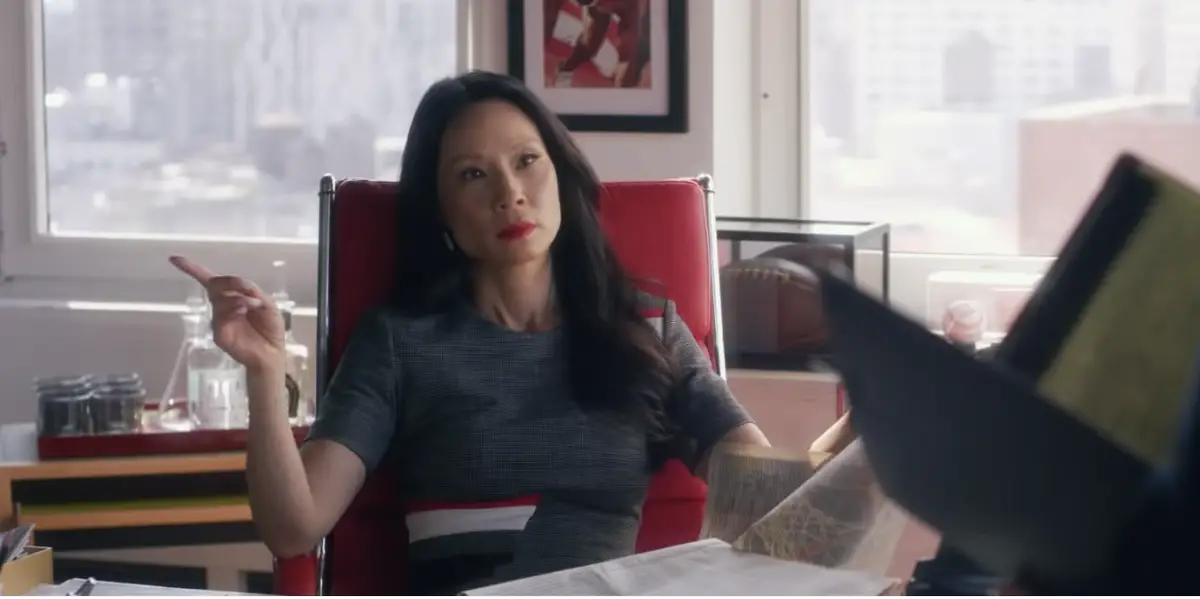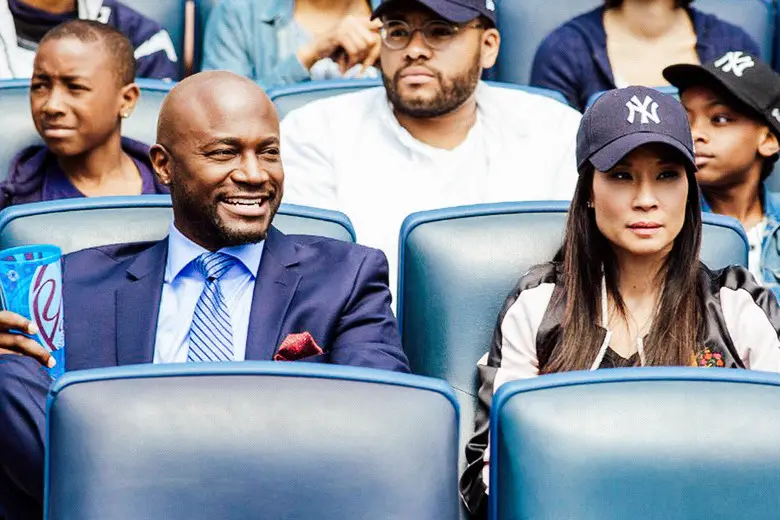Romantic comedies have certainly garnered a bad rap over the years. From magical meetings between love interests, to unrealistic situations (“A Christmas Prince,” anyone?), nobody seems to take rom-coms seriously anymore. With its enemies-to-lovers plot and self-proclaimed “Parent Trap” vibe, Netflix’s “Set It Up” is trying to change that.
If you’ve ever watched one of the Hallmark channel’s Christmas marathons, you’ve surely noticed a flaw in the rom-com genre that is arguably more important than stale plot lines: a glaring lack of diversity. Whether it’s that the love interests are white, or straight, or both, it seems that romantic comedies can’t stray from the formula that was laid out decades ago by films like “It Happened One Night,” which premiered in 1934.
But it isn’t the 1930s anymore, and with all the issues concerning representation that have been fought over since then, you would think the movie industry would be a little less stagnant in the field of diversity. Thankfully, rom-coms do seem to be trying, and “Set It Up” is one of the movies taking a small step in the direction of inclusivity by starring two protagonists of color.
Since “Set It Up” premiered on June 15, the film has garnered a number of reviews and the consensus seems to be that the movie is generally adorable — two assistants falling in love over a plot to get their bosses together? Super cute! Producer Julie Berman based the plot on her own failed attempt to trick her boss into a romantic relationship, which only works to up the fun factor of the whole film.
The fact that the two main characters, Harper (Zoey Deutch) and Charlie (Glen Powell), start the story as rivals for a fast food delivery when both of their industrious bosses send them for midnight dinner runs is both funny and sensible. The two quickly realize that they are both caught under the control of tireless bosses who work the sad assistants to the bone. Through pain, Harper and Charlie are brought together, and the plan to set up their bosses is born.

What “Set It Up” does well is play up that adorable rom-com formula in a way that puts Charlie and Harper’s blooming love in the background, culminating in small moments of intimate sweetness that eventually blossom into the big confession.
Still, the basic story is expected. Charlie’s uninvolved girlfriend is shown from the beginning to be pushing him away, so of course the audience is going to expect that Charlie is going to go for someone else.
It’s also clear that Harper is a quirky girl — not quite a fulfillment of the manic pixie dream girl trope, but certainly with more personality than Charlie’s girlfriend, who, in conjunction with wanting almost nothing to do with him, appears on screen for approximately two seconds. And anyone who has ever seen a movie, ever, knows that guys like quirky girls. The added fact that, in order to set up their bosses, the two must hang out, only makes it more likely that they will end up together.
So, yeah, everyone sees it coming — but, through a little fresh storytelling and by focusing more on the hilarity of uniting the bosses than on the love story, “Set It Up” still makes viewers want to see how everything turns out.
While the film delivers on some aspects, it falls short in others — namely, nuanced representation of people of color. The film offers the audience two actors of color in powerful, important roles, which is something you don’t always get to see in rom-coms.
Lucy Liu, an Asian-American actress, plays Kirsten, Harper’s boss and a wildly successful editor for an online sports journal. Even having a woman in the sports industry seems like it’s pushing boundaries, which is a little sad for a 21st-century movie genre.

Opposite Kirsten is the character Rick, played by Taye Diggs, an African-American actor. Rick, works in finance and is boss to Charlie. Both Kirsten and Rick are high-strung, demanding and too hardworking for anyone’s good. Which, of course, is why Harper and Charlie decide to set them up in the first place — happy bosses equal happy assistants.
Both Kirsten and Rick are important to their companies, have a lot of responsibilities and wear really nice clothes. They also happen to be two out of the three minority cast members in the whole film.
Are these characters really a step forward in diverse film representation? It seems like a leap to say that adding in two people of color as side characters (granted, important side characters) is a breakthrough for film.
Of course, what matters is not just that there is diverse representation, but also how those people of color are portrayed. Both characters seem to exhibit racial stereotypes in the movie: Kirsten is a workaholic perfectionist who hasn’t had a boyfriend in years, and Rick is a violently aggressive man who knows almost nothing about his ex-wife except that she wouldn’t shave just to spite him.
These kinds of representations are negative in and of themselves, sure, but when an Asian character puts her work performance before anything else, and a black man smashes his assistant’s laptop in an angry frenzy, the average “bad boss” negatives become racially charged.
It isn’t that Kirsten and Rick are awful characters. They even develop throughout the film, and become more human and kind toward Harper and Charlie after a series of emotional events. The film sets up a message of thoughtfulness, but by developing it in a way that could isolate its characters of color, “Set It Up” isn’t doing anyone too many favors.

That being said, the film is worth a watch, and both Liu and Diggs provide audiences plenty of heartfelt and hilarious scenes; meanwhile, Deutch and Powell showwhat it’s like to grow closer in desperate conditions. “Set It Up” gives viewers the wacky, confusing kind of love story that hasn’t been seen since classics like “The Proposal” and “How To Lose a Guy in 10 Days.”
In the end, movies like this modern rom-com can pave the way for more hilarity, more romance and hopefully more diversity in a stagnantly traditional film genre. Just like for Harper and Charlie, a little bit of change in such a repetitive environment could be a great thing.

















